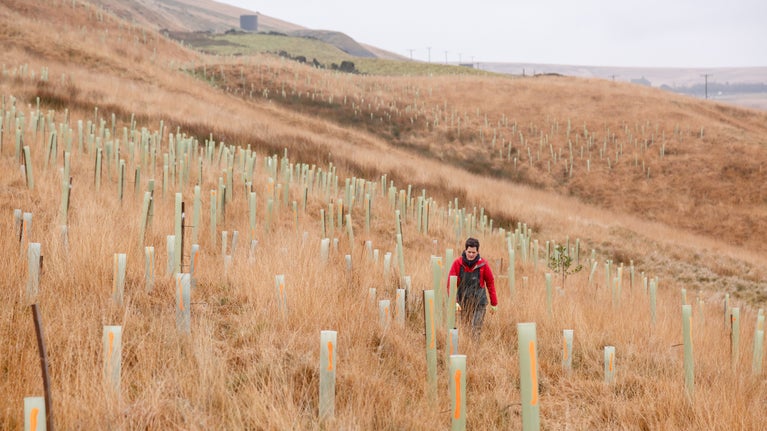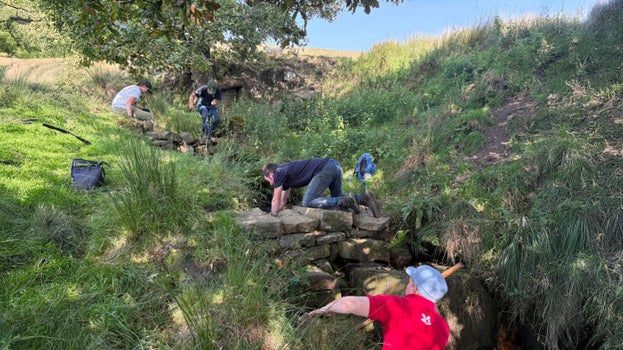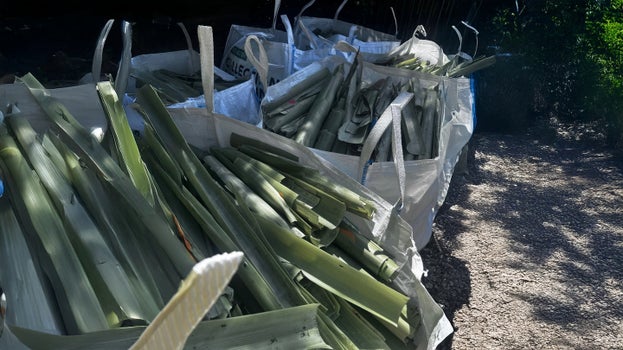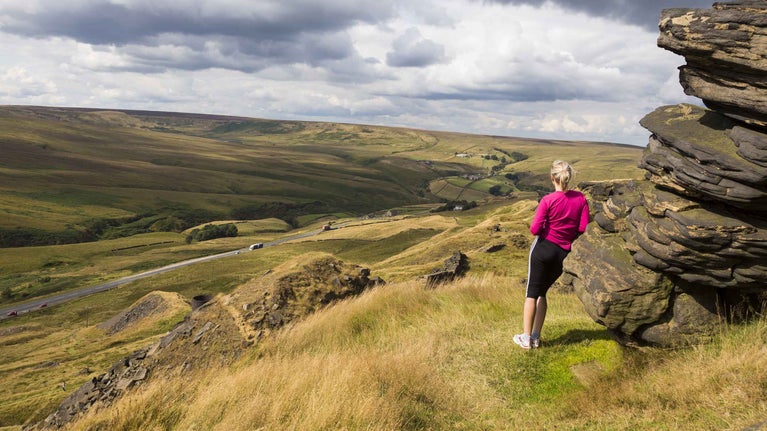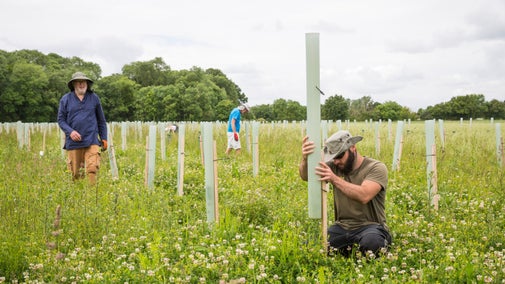Why plant woodlands?
Forests and native woodlands have been shown to substantially reduce downstream flood risk, stop peat erosion and provide wildlife habitat as well as storing carbon. Tree planting will focus on small valleys, called cloughs, where trees existed in the distant past. In total, we'll plant 350 hectares of native trees including rowan, oak and birch, which thrive in harsh climates like our windy moors.
Establishing new woodland requires careful planning and mapping to ensure that we plant the right trees in the right place. We are using advice from the Forestry Commission, Natural England, archaeologists, RSPB, upland specialists and the Woodland Trust. The trees will form part of the White Rose Forest: North and West Yorkshire's community forest.
Why leaky dams?
Many South Pennine uplands have been degraded by industrial pollution and fires, which have created areas of dry and exposed peat, leading to soil erosion and water run-off. This can have a serious impact on downstream communities, as excess rain can lead to flood surges. Leaky dams help slow the flow of water on the moors, protecting communities downstream, rewetting the moor and protecting peat.

